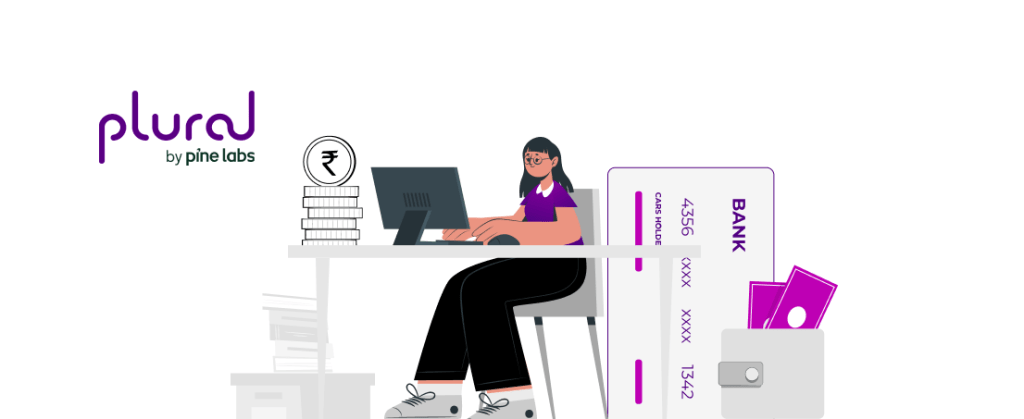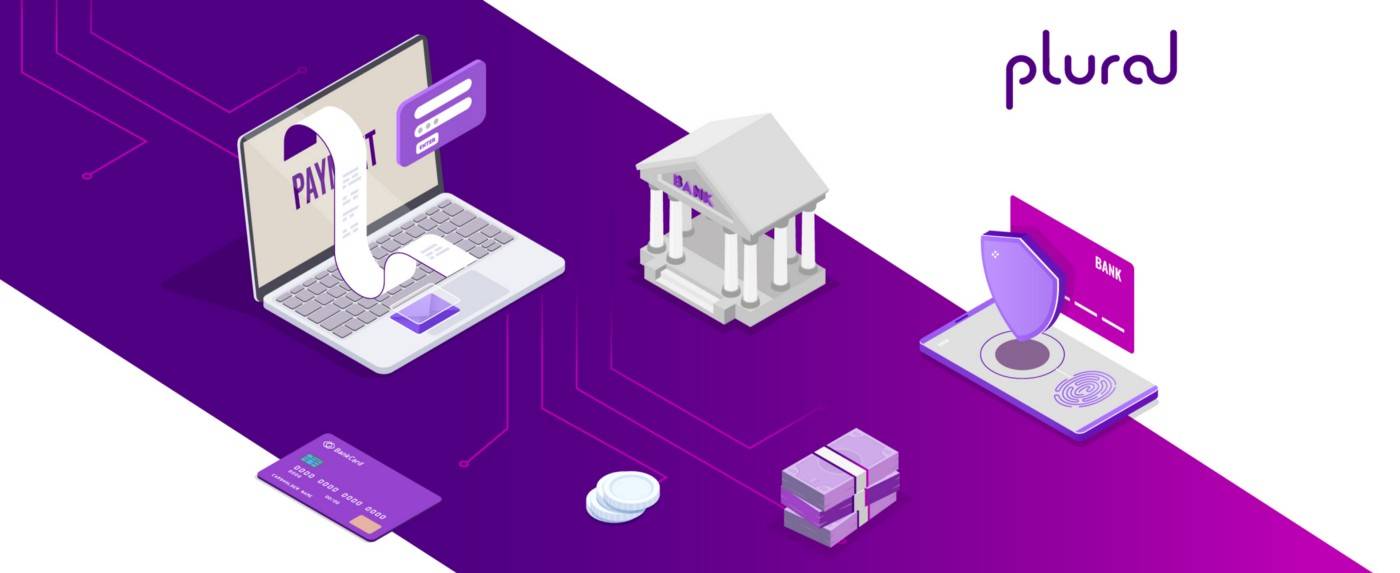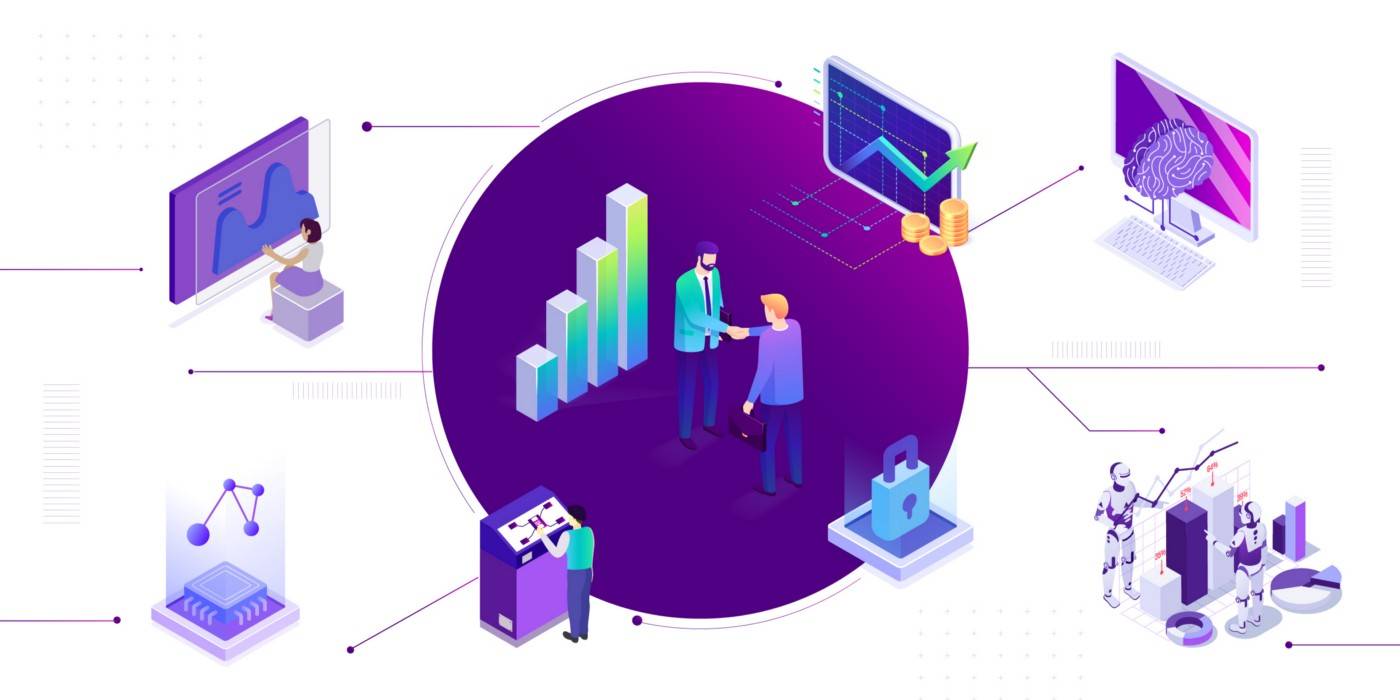The growth of internet usage worldwide has greatly accelerated the rise of the gig economy. This unique business ecosystem enables companies to hire independent workers on flexible terms. The engagements are typically brief or for a mutually agreed-upon duration.
So, how do companies benefit? They save costs by doing away with exorbitant expenses associated with hiring full-time employees. On the other hand, gig workers with access to a smartphone and affordable data have the flexibility to pick opportunities and engage with multiple organizations.
India is already estimated to have 15 million freelance workers staffed in domains such as tech, human resources, and design alone. Millennials and younger generations, in particular, demonstrate a preference for gig contracts. Digital savviness, no doubt, provides them with an edge.
According to a report, India’s gig economy has the potential to add 1.25% to the gross domestic product (GDP) by creating up to 90 million non-agriculture-based jobs. Of these, the four largest industry sectors comprising construction, manufacturing, retail, and transportation and logistics can potentially create over 70 million of these potentially ‘gigable’ jobs.
As more companies embrace the gig culture, they will also need to crack the code on seamless payment solutions. Let’s understand what makes gig economy payments unique and their unique challenges and potential solutions.
What are gig economy payments?
Every business needs to pay various entities – employees, vendors, and customers. Companies with full-time workforces make payments to employees once a month and to vendors at specified intervals.
On the other hand, gig economy payments refer to the fees, tips, and incentives paid out to gig workers every day, week, or month. Since most gig economy businesses function are a massive scale, gig economy payments are a different beast.
Hence, companies need to structure payments very differently from businesses following traditional payment models.
Secondly, a gig business’ sustainability depends upon its ability to make payments at pre-agreed intervals. Gig workers may be engaged with other businesses. They have the option of walking away if payments are not made, unlike the case of full-time jobs, where employees are more invested in their employer.
Hence, payments especially play an important role in the context of gig culture.
Growing relevance of gig economy payments
Today, several businesses have emerged which follow the gig economy model. Here is a snapshot of two popular business models:
Food delivery platforms
Food delivery has emerged as a popular gig economy business model. Restaurants are connected with customers via a seamlessly designed single, unified platform.
Food delivery platforms hire a mammoth gig workforce of delivery partners, who are paid based on the number of deliveries they do per day, week, and month. They also receive tips and incentives based on their performance.
Hence, payments to delivery partners are not as simple as offering a fixed salary.
It is more complex due to the sheer numbers and the permutations and combinations that go into calculating the exact amount to be paid out. Timely payments also determine the sustainability of the workforce because delivery partners may opt to migrate to a competitor platform or a different job role.
Creative gig economy platforms
Over the last few years, several creative gig platforms have emerged, which connect creators with businesses looking to outsource specific creative skills. The spectrum of creators includes writers, editors, designers, video creators, and coders, among others.
Creative workers seek the flexibility to work on multiple projects while pursuing other interests. Gig platforms offer opportunities while enabling them to stay independent.
Typically, platforms take a cut of what a business pays a creator. However, the frequency and value of payments vary across businesses and projects.
Hence, creative gig economy platforms must ensure a smooth, efficient, and accurate payment process to keep businesses and workers engaged.
Key payment challenges faced by businesses
Gig economy payments come with some unique challenges. Here’s a snapshot of what these look like:
- Gig economy payments need to be made at scale. Hence, automation will play a significant role in ensuring no errors and delays. Early investments in innovative payment solutions are a must.
- Many gig economy businesses connect gig workers and businesses across the world. Hence, cross-border payments will need to factor in exchange rates and transaction fees.
- Every country has its unique taxation and regulations, which must be factored into payment algorithms.
- Gig economy payment solutions also need to factor in additional complexities due to the nature of the business. For instance, the value of payments varies significantly across gig workers based on their frequency and quantum of work. The frequency of payments and the payment cycles may vary based on the agreements between businesses and gig workers.
- Business models within the gig economy are diverse. For instance, the gig ecosystem hires workers who range from no skills to highly skilled. Payments models must be adaptable to serve the specific needs of the business model.
Unique challenges need unique solutions. Hence, there is a need for businesses to seek out relevant solutions to meet their payment needs.
Final thoughts
Today, more and more businesses are embracing the gig economy due to its various benefits. Gig economy businesses span a wide range of sectors.
Hence, the business models within the ecosystem vary drastically. Gig economy businesses are generally designed for scale.
Also, gig economy payments vary drastically from the payment needs of businesses that hire full-time workforces. Hence, partnering with a payment technology specialist like Plural can help businesses customize payments to meet their needs. Our superior payouts solution enables:
- Bulk payouts: From vendor payments to cashbacks and refunds to payments to thousands of delivery staff and employees, Plural Payouts handles all with ease. Instantly transfer or schedule bulk payouts in one go.
- Instant fund transfers: Make payouts in real-time and add beneficiaries instantly with Plural Payouts on dashboard and through APIs. No wait time, no delays.
- A single dashboard for analytics and tracking: A single dashboard gives you access to analytics and a view of your payout transactions to make better decisions.
- High success rates: Make payouts in real-time and add beneficiaries instantly with Plural Payouts on dashboard and through APIs. No wait time, no delays.
- Multiple payment modes: Pay to bank, UPI, card and wallets
- Payout links: Share Payout links with customers, vendors and partners who can add their bank/UPI details and receive payouts instantly.
- Maker-checker flow: Eliminate transactional risks by enabling a maker-checker flow
- Split payments: Split marketplace payments to multiple vendors or stakeholders
Interested in our payouts solution for your business? Reach out to us.
Plural by Pine Labs has received an in-principle authorization from the Reserve Bank of India (RBI) to operate as a Payment Aggregator.

Amrita Konaiagari is a Marketing Manager at Plural by Pine Labs and Editor of the Plural blog. She has over 10 years of marketing experience across Media & Tech industries and holds a Master’s degree in Communication and Journalism. She has a passion for home décor and is most definitely a dog person.



